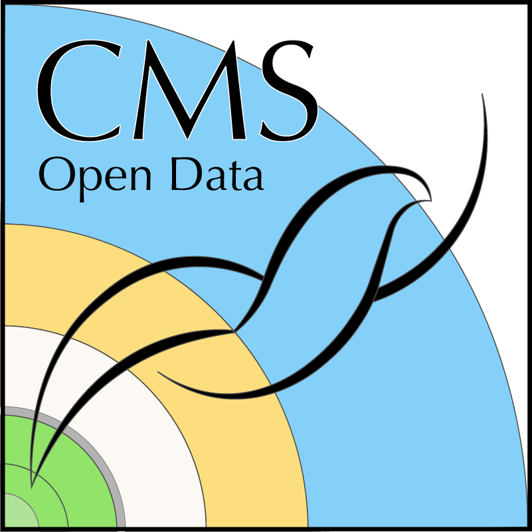Particle Physics Playground
Last updated on 2024-07-14 | Edit this page
Estimated time: 5 minutes
Overview
Questions
- What are the fundamental concepts in particle physics?
- How can we analyze particle decay patterns?
- What tools are available for practical analysis of particle physics data?
Objectives
- Gain a solid understanding of fundamental particle physics concepts.
- Learn how to analyze particle decay patterns.
- Familiarize yourself with tools for practical analysis of particle physics data.
Particle Physics Playground
This lesson offers a variety of exercises designed to help undergraduates understand fundamental concepts in particle physics through practical analysis of CMS Open Data.
Overview
The Particle Physics Playground provides an engaging and interactive way for participants to delve into the core principles of particle physics. By working with real CMS Open Data, students will enhance their theoretical knowledge through hands-on experience.
Fundamental Concepts
Participants will explore key concepts in particle physics, such as the Standard Model, particle interactions, and conservation laws. Understanding these principles is crucial for analyzing and interpreting particle collision data.
Analyzing Particle Decay Patterns
One of the main tasks in this lesson is to analyze particle decay patterns. By studying the way particles decay, participants can learn about the properties of different particles and the forces that govern their interactions. This includes identifying decay channels, measuring lifetimes, and calculating branching ratios.
Practical Analysis Tools
Participants will be introduced to various tools and techniques used in particle physics analysis. This includes the use of ROOT for data analysis, as well as other software and frameworks commonly employed in the field. The goal is to equip students with the practical skills needed to conduct their own analyses and contribute to ongoing research.
You Have Choices!
While ROOT and C++ are essential for early-stage analysis of CMS Open Data in the AOD (Run 1) or MiniAOD (Run 2) formats, participants can use other tools and file formats for downstream analysis or for analyzing Run 2 NanoAOD files. Feel free to choose the tools that best suit your needs and preferences.
